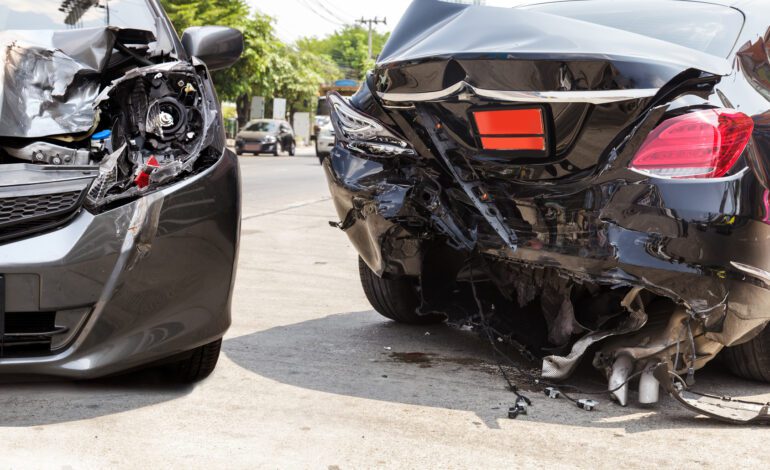You’ll be paying more to insure your vehicle in Michigan beginning next month.
Last year, drivers received refund checks from no-fault auto insurance reform and a $5 billion surplus in the Michigan Catastrophic Claims Fund.
The MCCA is a nonprofit corporation controlled by the insurance industry that manages the catastrophic care fund. It acts as a form of reinsurance that reimburses auto insurers once the size of an accident victim’s medical bills exceeds a set threshold, currently $600,000.
There were 16,800 individuals in Michigan who had crossed the threshold and had open claims as of June 30, 2022.
PIP covers benefits for catastrophic crash survivors that even the best commercial health insurance plans don’t cover, such as in-home attendant care and long-term stays in specialized rehabilitation centers. However, some rehab centers have closed and some attendant care services have dropped patients or threatened to drop patients because of the price controls.
The last financial report for the MCCA showed $21.8 billion in total assets, down from $27.2 billion a year earlier. So if the MCCA were to immediately liquidate all its stocks, bonds and other holdings, the $21.8 billion is how much money there would be.
Michigan car insurance rates up more than 7 percent in 2022 in wake of no-fault reform meant to lower rates
However, the reform ended up costing so many families critical care and funding due to insurance companies cutting off payments. As a result, an appeals court ordered them to continue paying, costing the Michigan Catastrophic Claims Association (MCCA) billions of dollars, while stock market losses accounted for more losses.
Now, the MCCA is adjusting rates to make up for it. New rates go into effect July 1.
If you have unlimited personal injury protection coverage (PIP), you will pay $122, up from $86.
Drivers without unlimited PIP coverage will pay a $48 fee.
Though drivers may not be happy with the no-fault insurance changes, the Insurance Alliance of Michigan says the auto reform gives drivers more options.
“Michigan drivers continue to choose the coverage that best fits their lives and their budgets,” said Erin McDonough, with the Alliance. “The reforms provide for a reasonable medical fee schedule, they reign in rampant overcharging and they help to prevent fraud. In order for people who have chosen other than unlimited to truly get the value of those policies, these reforms need to be preserved.”
The MCCA justified the fee increases as necessary to address a deficit in the MCCA’s statewide fund. The fund, which is for the medical expenses of the most severely injured victims of auto accidents, swung from a $5 billion surplus in 2020-21 to a $3.7 billion deficit last fiscal year for three primary reasons:
- A court decision last summer that overturned some no-fault medical cost controls for crash victims (a projected loss of $3.7 billion).
- Declines in the stock market ($2.8 billion loss).
- The cost of issuing $400 per-vehicle refund checks in spring 2022, prompted by the previous surplus ($3.1 billion loss).
Distracted driving law takes effect
Another change on the horizon this summer for Michigan drivers is a new distracted driving law that generally prohibits using a non-hands-free device while driving.
Starting June 30, drivers can be fined for holding up a phone during a call, scrolling social media or any other phone use. It has long been illegal in Michigan to text while driving.
The penalties for violating the new law are a $100 civil fine for first-time offenders and/or 16 hours of community service and $250 fines for subsequent violations and/or 24 hours of community service. Fines would double if a violation occurs during a car crash.






Leave a Reply